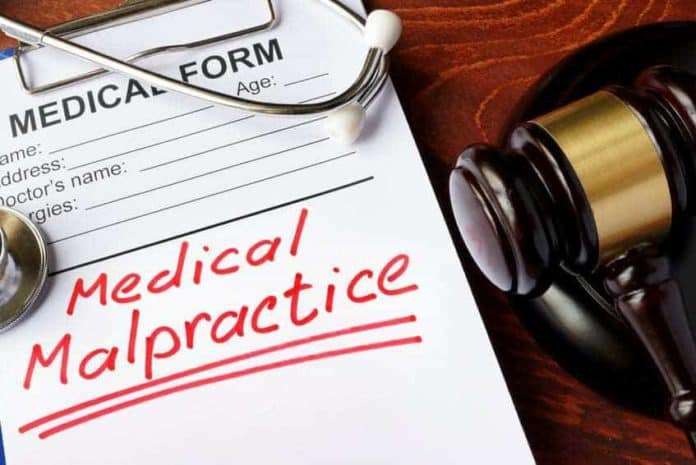Back in the early 2000s, Florida residents made their voices heard and enthusiastically passed Article X, Section 25 of the Florida Constitution, also known as Amendment 7. This amendment eliminated any and all discovery restrictions pertaining to adverse medical incidents, including healthcare facility neglect, intentional misconduct, and medical malpractice. But if one Florida lawmaker has anything to say about it, the access to these records could be subsequently narrowed, making it more difficult for patients to obtain important information about their healthcare professionals or even impede their ability to take providers to court in cases of wrongdoing.
Before Amendment 7 was passed, physicians and hospitals were able to thwart patients’ efforts to access official records that detailed the results of internal investigations into incidents involving medical negligence or malpractice. This barrier, known as peer-review privilege, kept Floridians from evaluating their healthcare providers prior to receiving treatment and prohibited them from learning exactly what transpired in their own medical malpractice cases. There are approximately 20,000 medical malpractice claims filed every year, and the lack of record access made it difficult for injured or wronged patients to even secure legal representation for their cases.
It’s not surprising, then, that Florida residents voted overwhelmingly in favor of Amendment 7, which granted patients the right to access medically adverse incident reports, which often contain details of great importance when choosing a healthcare provider or putting together a court case. Although these records are usually accessed in regards to a primary physician or hospital, wronged patients could even gain access to the records of physicians they may see in an urgent care setting, since 65% of these facilities have a physician on-site at all times and 85% of of them are open seven days a week. In this way, patients can make better decisions about doctors and facilities they visit for care and can get the information they need if they have been involved in an adverse medical incident.
For now, that is. Tim Cerio, former general counsel to Governor Rick Scott and member of the state’s Constitution Revision Commission, wants to make an additional amendment to the Florida Constitution to limit access to certain kinds of records that could be used in these kinds of lawsuits. Cerio’s proposal says that patients’ ability to access medical incident records should not undermine privileged attorney-client communications. The proposal also wants to put safeguards in place to keep data related to federal safety regulations and laws out of the scope during the discovery process — meaning that documents “protected by federal laws or regulations relating to patient safety quality improvement” would be made inaccessible.
Despite the fact that Cerio says he doesn’t want to keep the public from accessing important records, Jacksonville appellate attorney Bryan Gowdy said in a statement that the proposal is a “pretty obvious attempt to diminish the right of patients … Every effort has been made by the hospitals to resist and thwart the implementation of Amendment 7,” Gowdy explained. “Now they are trying to go back and rewrite it.”
Indeed, many healthcare facilities have tried to take advantage of loopholes that would release them from their obligation to provide adverse medical incident records. Florida courts have ruled in favor of the plaintiffs in the majority of these cases, thus protecting patient rights. However, the Constitution Revision Commission may consider Cerio’s proposal, among dozens of others, during the coming months and will determine whether it has a place on the 2018 ballot.

